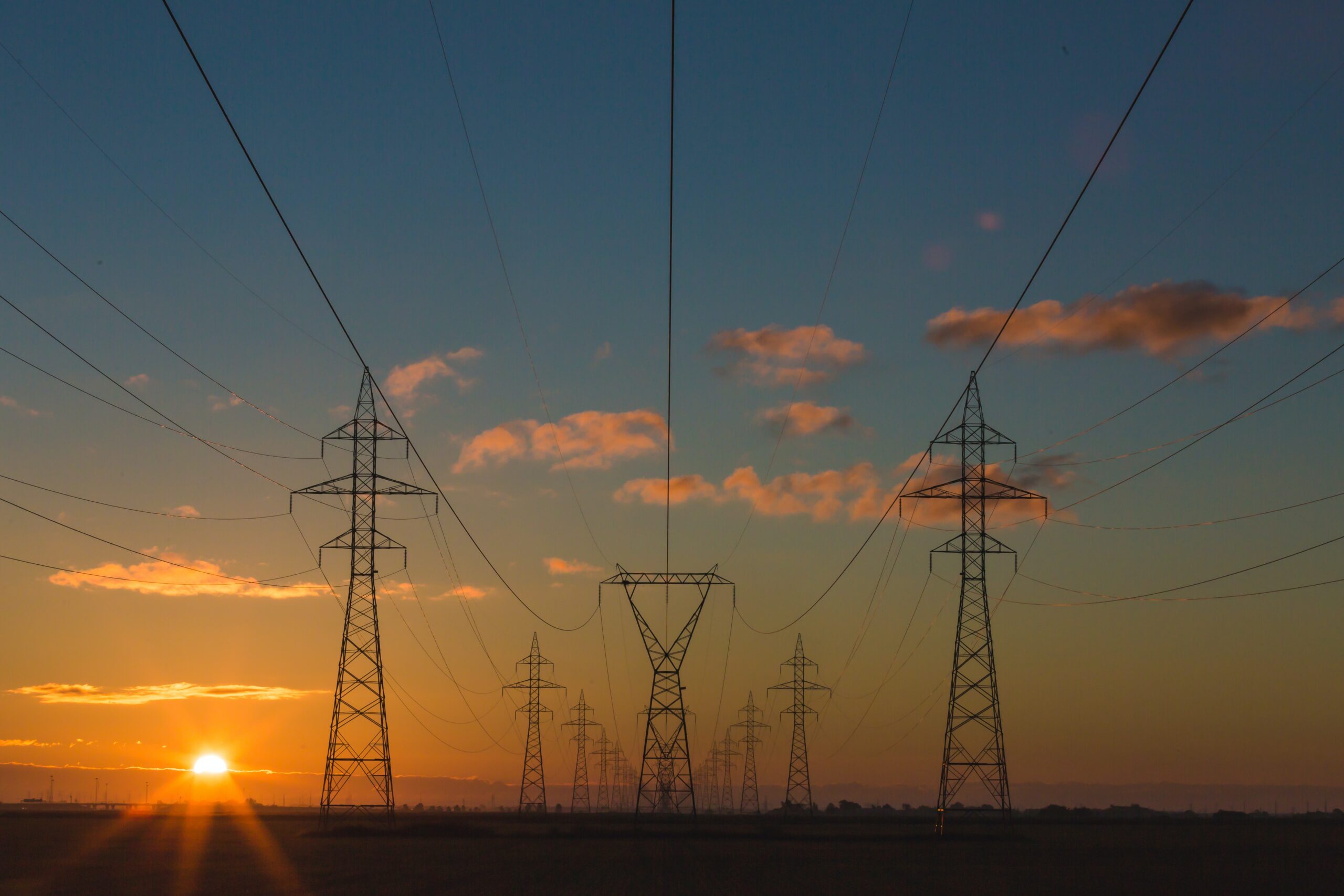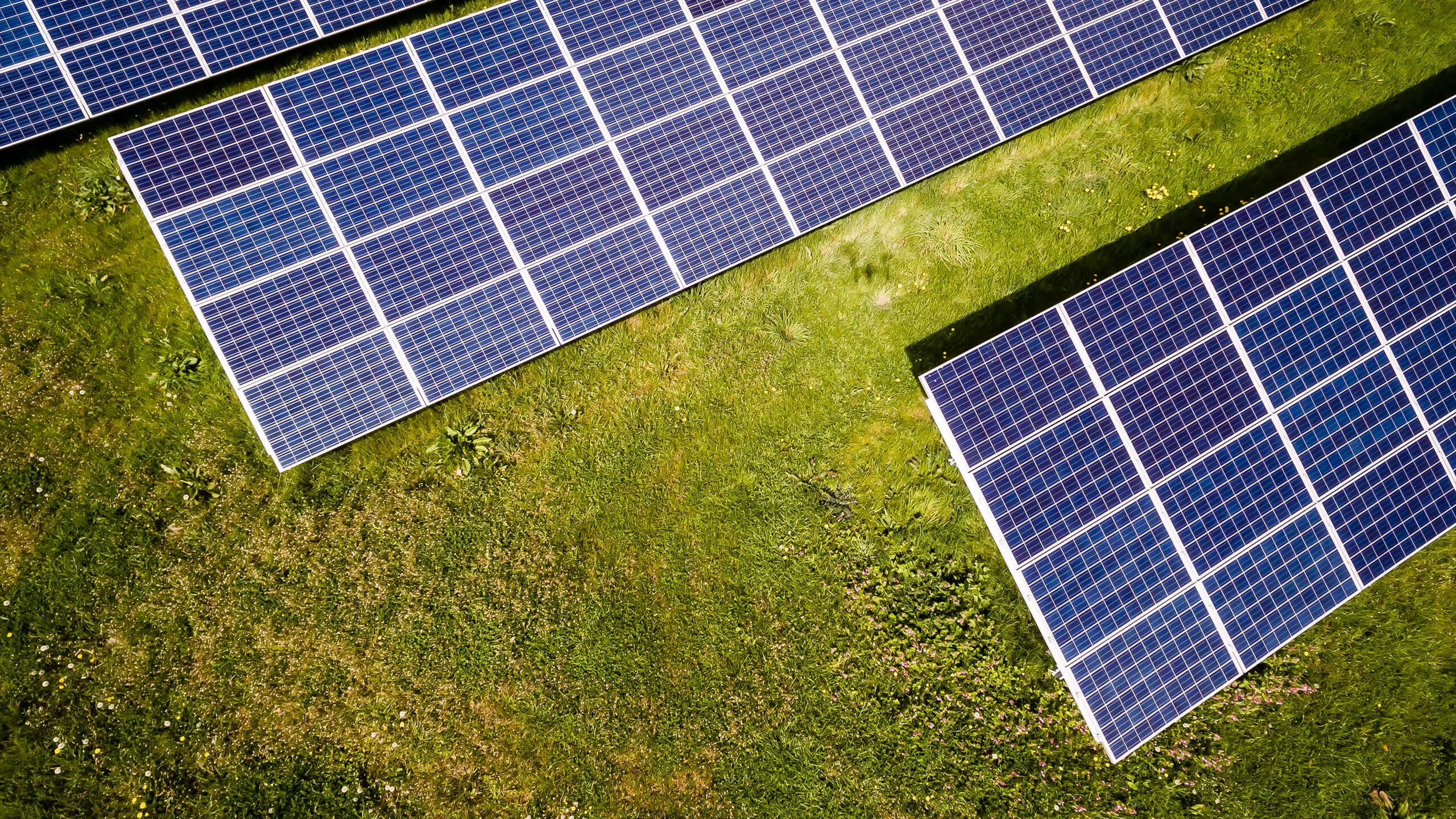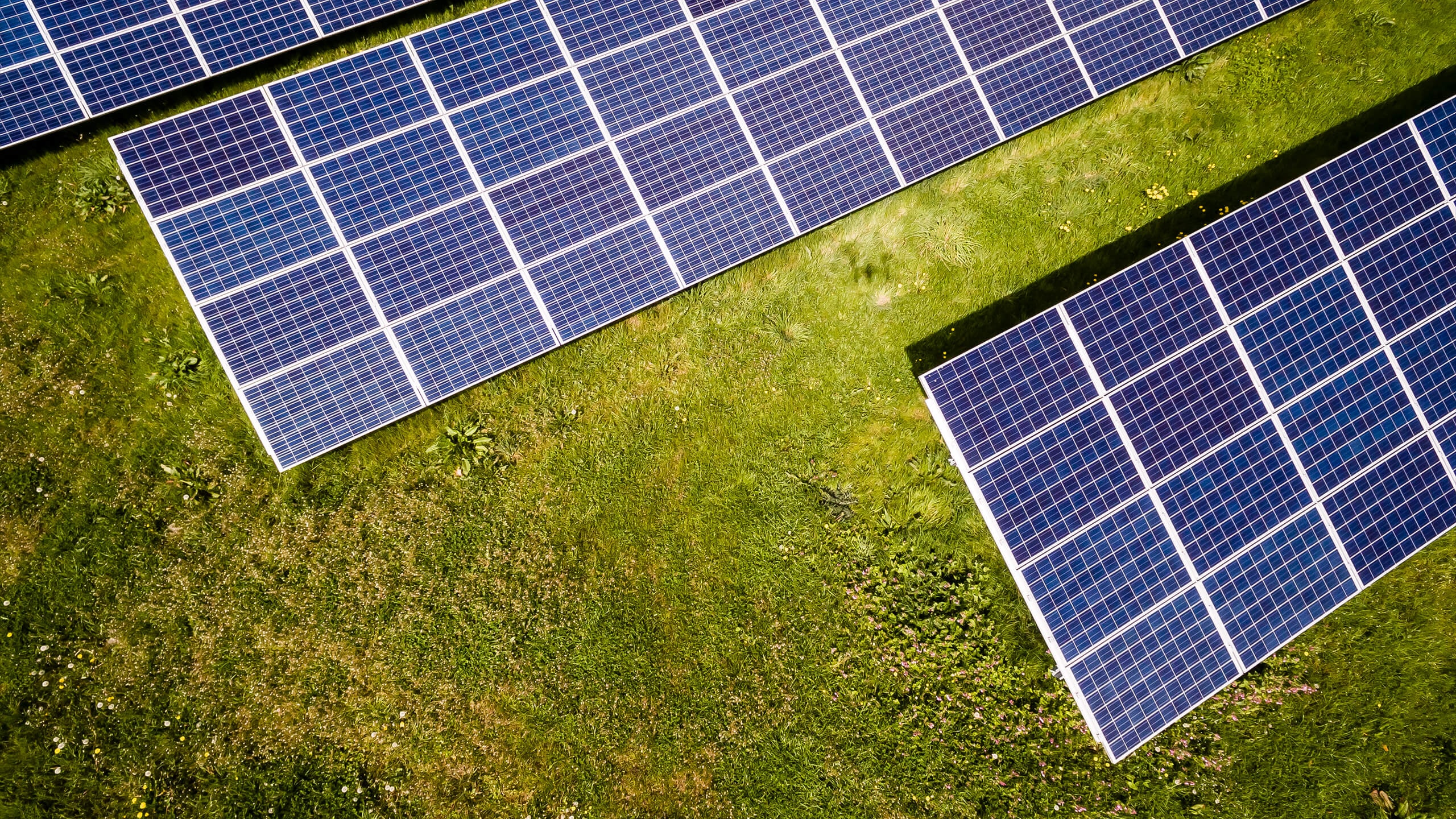If you’re a well owner looking to make your pump more energy-efficient, you might find yourself asking where you can find the right resources to guide you. Well, look no further! There are various online platforms and organizations dedicated to providing valuable information and assistance to well owners like yourself who are interested in energy-efficient well pumps. These resources can help you understand the benefits of upgrading your pump, navigate through different types of pumps, and even offer tips for maintenance and troubleshooting. So, let’s dive into this article and explore where you can find these helpful resources!
1. Government Agencies
Government agencies can be great resources for well owners interested in energy-efficient well pumps. Let’s explore a few agencies that can provide valuable information and assistance in this area.
1.1 Department of Energy
The Department of Energy (DOE) is a federal agency that focuses on energy conservation and promoting sustainable practices. Their website offers a wealth of information on energy-efficient technologies, including well pumps. You can find articles, guides, and interactive tools that help you understand the energy consumption of different pumps and make informed decisions. The DOE also provides resources for finding professionals who specialize in energy-efficient well pump installation and maintenance.
1.2 Environmental Protection Agency
The Environmental Protection Agency (EPA) is another government agency committed to protecting the environment and promoting sustainable practices. While their focus is not specifically on well pumps, their website offers valuable information on water conservation and well management. By implementing sustainable practices, such as using energy-efficient well pumps, well owners can contribute to reducing their environmental impact. The EPA’s website provides tips, guides, and resources to help well owners make informed decisions and improve the efficiency of their well systems.
1.3 State Water Resources Agencies
In addition to federal government agencies, state-level water resources agencies can be valuable resources for well owners. These agencies vary by state but generally provide information and assistance related to water resources management. They may offer guidance on water conservation, well drilling regulations, and energy-efficient well pump options specific to your region. Contacting your state water resources agency or visiting their website can provide you with local expertise and resources tailored to your area.
2. Non-profit Organizations
Non-profit organizations focused on water resources and well systems can provide well owners with extensive resources and support. Let’s explore a few organizations that can be helpful in your search for energy-efficient well pumps.
2.1 National Ground Water Association
The National Ground Water Association (NGWA) is a non-profit organization dedicated to advancing the expertise and knowledge of groundwater professionals. Their website is a valuable resource for well owners, providing information on well drilling, maintenance, and water conservation. The NGWA also offers publications, webinars, and workshops that cover various aspects of well ownership, including energy-efficient pump options.
2.2 Water Systems Council
The Water Systems Council (WSC) is another non-profit organization that advocates for private well owners and promotes access to safe water. Their website provides resources for well owners, including information on pump selection and energy efficiency. The WSC offers guides and educational materials to help well owners make informed decisions when upgrading their well pumps. By utilizing the resources offered by the WSC, well owners can contribute to water conservation efforts.
2.3 Rural Water Association
The Rural Water Association (RWA) is a network of associations dedicated to providing technical assistance and resources to rural water and wastewater systems. While their focus is not solely on well pumps, they offer valuable resources for well owners. The RWA’s website provides information on best practices, regulations, and water system management. By exploring their resources, well owners can find guidance on energy-efficient well pump options and maintenance practices to optimize the efficiency of their systems.

3. Hardware Stores and Manufacturers
Hardware stores and manufacturers are essential resources for well owners interested in energy-efficient well pumps. These establishments offer a wide range of pump options, as well as expert advice and support.
3.1 Home Depot
Home Depot is a well-known hardware store that offers a variety of well pumps, including energy-efficient models. Their knowledgeable staff can provide guidance on selecting the right pump for your specific needs and help you compare energy efficiency ratings. Home Depot’s website also provides product information and customer reviews to assist in your decision-making process.
3.2 Lowe’s
Lowe’s is another reputable hardware store that carries a selection of well pumps, including energy-efficient options. Their staff can offer advice on pump selection, installation, and maintenance. Lowe’s website features detailed product descriptions, specifications, and customer reviews, allowing well owners to make informed choices regarding energy-efficient well pumps.
3.3 Grundfos
Grundfos is a well-known manufacturer of pumps, including those designed for well systems. They offer a range of energy-efficient pumps that prioritize performance while minimizing energy consumption. Grundfos’ website provides detailed product information, specifications, and guidance on selecting the right pump for your well. Their expert knowledge and commitment to sustainability make them a reliable resource for well owners seeking energy-efficient solutions.
3.4 Franklin Electric
Franklin Electric is another reputable manufacturer of well pumps and related equipment. They have a strong emphasis on energy efficiency and sustainability. Franklin Electric’s website features a range of energy-efficient pump options, along with helpful resources such as product specifications and guidances on energy savings. Their commitment to environmentally friendly solutions makes them a valuable resource for well owners interested in energy-efficient well pumps.
4. Well Drilling and Maintenance Companies
Local well drilling and maintenance companies are crucial resources for well owners seeking energy-efficient well pumps. These professionals have the experience and expertise to guide you through the process of selecting, installing, and maintaining a well pump that meets your energy efficiency needs.
4.1 Local well drilling companies
Local well drilling companies possess the expertise required to assess your specific well system and recommend energy-efficient pump options. They can evaluate the depth, flow rate, and water quality of your well to ensure you choose the most suitable pump. Well drilling companies often have access to a variety of pump brands and models, enabling them to offer customized solutions based on your needs and budget.
4.2 Pump installation and repair services
Companies that specialize in pump installation and repair can provide invaluable assistance to well owners. These professionals can help you upgrade to an energy-efficient pump and ensure proper installation for optimal performance. They can also offer advice on pump maintenance to prolong its lifespan and maximize energy efficiency. Utilizing the services of pump installation and repair companies can ensure that your well system operates efficiently while minimizing energy consumption.

5. Online Portals
Online portals offer a convenient way for well owners to access resources and information related to energy-efficient well pumps. These websites provide a range of materials, tools, and databases to assist well owners in their search for energy-efficient solutions.
5.1 National Ground Water Association’s website
The National Ground Water Association’s website, mentioned earlier, is a valuable online resource for well owners. Their website provides educational materials, publications, and articles on various aspects of well ownership, including energy-efficient well pumps. By exploring the NGWA’s website, well owners can access expert insights, case studies, and information on industry trends to guide their decision-making process.
5.2 Department of Energy’s online resources
The Department of Energy’s website, as mentioned earlier, offers extensive online resources on energy-efficient technologies, including well pumps. Their website provides access to guides, case studies, and interactive tools to help well owners understand the energy consumption of different pump options. The DOE’s online resources can assist well owners in evaluating the energy efficiency of their current pumps and making informed decisions when considering upgrades.
5.3 Water System Council’s online database
The Water System Council, mentioned earlier, offers an online database that allows well owners to search for certified water system professionals and products, including energy-efficient well pumps. Their database provides a valuable resource for well owners looking for reliable professionals and pump options.
6. Trade Shows and Conferences
Trade shows and conferences are excellent opportunities for well owners to explore energy-efficient well pump options and gain insights from industry experts. Let’s explore a few events that can be valuable for well owners seeking energy-efficient solutions.
6.1 National Ground Water Association’s annual convention
The National Ground Water Association holds an annual convention that brings together professionals in the groundwater industry. This convention provides a platform for well owners to network with experts, attend educational sessions, and explore a variety of exhibits. Attending the NGWA’s annual convention can enable well owners to stay up to date with the latest advancements in energy-efficient well pumps and gain valuable knowledge from industry leaders.
6.2 Department of Energy’s Energy Exchange
The Department of Energy organizes the Energy Exchange, a conference and trade show focused on energy management and sustainability. While not specifically tailored to well owners, this event offers insights into energy-efficient technologies and practices. Attending the Energy Exchange can provide well owners with a broader understanding of energy efficiency concepts that can be applied to well pump selection and operation.
6.3 American Water Works Association’s conference
The American Water Works Association (AWWA) hosts conferences that cover various aspects of water management, including private wells. While their focus is not solely on well pumps, their conferences offer sessions and exhibits that provide valuable information on energy-efficient technologies and water conservation. Attending an AWWA conference can expose well owners to a diverse range of solutions and insights related to energy-efficient well pumps.

7. Well Owner Associations
Well owner associations can be valuable resources for networking, knowledge sharing, and guidance specific to well ownership. Let’s explore a couple of well owner association options.
7.1 Local well owner associations
Local well owner associations are community-based organizations that bring together well owners in a specific region. These associations often offer educational resources, workshops, and social events that provide opportunities for networking and collaboration. Well owners can benefit from sharing experiences, learning from others, and accessing information on energy-efficient well pumps specific to their local area.
7.2 State-level well owner associations
State-level well owner associations function similarly to local associations but cover a broader geographical area. These associations advocate for the rights and interests of well owners at the state level and provide resources tailored to the specific challenges and regulations within the state. State-level well owner associations can offer guidance on energy-efficient well pump options, local incentives, and regulatory requirements.
8. Energy-efficient Technology Websites
Websites dedicated to energy-efficient technology can provide well owners with information, resources, and tools to assist in their search for energy-efficient well pumps. Let’s explore a few of these websites.
8.1 Energy Star’s website
Energy Star, a program by the Environmental Protection Agency (EPA) and the Department of Energy, focuses on promoting energy efficiency and sustainability. Their website offers a wealth of information on energy-efficient technologies, including well pumps. Well owners can find guidance on choosing energy-efficient pumps, understanding energy labels, and accessing product databases. Energy Star’s website equips well owners with the knowledge needed to make informed decisions and find reliable energy-efficient well pumps.
8.2 Energy.gov’s online resources
Energy.gov is an online resource provided by the Department of Energy to educate and inform the public about energy-related topics. Their website offers a range of information on energy-efficient technologies, including well pumps. Well owners can explore articles, fact sheets, and case studies to better understand the benefits and considerations of energy-efficient well pumps. Energy.gov’s online resources empower well owners to prioritize energy efficiency and make sustainable choices for their well systems.
8.3 Consortium for Energy Efficiency’s website
The Consortium for Energy Efficiency (CEE) is a non-profit organization focused on advancing energy-efficient technologies and practices. Their website provides resources for consumers, including well owners, seeking energy-efficient solutions. The CEE’s website offers guidance on pump selection, efficiency standards, and relevant certifications. By utilizing the resources provided by the CEE, well owners can make knowledgeable decisions when choosing an energy-efficient well pump.
9. Online Communities and Forums
Engaging in online communities and forums dedicated to well ownership can provide well owners with a platform to connect with other individuals facing similar challenges. Here are a few online communities and forums worth exploring.
9.1 WellOwner.org’s discussion board
WellOwner.org offers a discussion board where well owners can interact, share experiences, and seek advice from fellow well owners. The discussion board allows users to ask questions, discuss specific topics, and exchange information related to well ownership, including energy-efficient well pumps. Participating in WellOwner.org’s discussion board can provide well owners with valuable insights, recommendations, and support from a knowledgeable community.
9.2 Houzz’s well owner forum
Houzz, a popular home design and improvement platform, features a well owner forum where individuals can seek advice and share insights on various aspects of well ownership. The well owner forum covers a wide range of topics, including energy-efficient solutions. Participating in Houzz’s well owner forum allows well owners to connect with a community of individuals who share similar interests and challenges, providing a space for information exchange and learning.
9.3 Reddit’s well owner community
Reddit hosts an active online community dedicated to well ownership. The well owner community allows members to ask questions, share experiences, and engage in discussions related to well systems. By joining Reddit’s well owner community, individuals can access a vast pool of knowledge and experiences from well owners worldwide. Energy-efficient well pumps are often discussed, and community members can provide helpful insights and recommendations based on their own experiences.
10. Local Libraries and Extension Offices
Local libraries and cooperative extension offices can be valuable resources for well owners seeking information and expert advice. Let’s explore what they can offer.
10.1 Librarian assistance for finding relevant books and publications
Local librarians can assist well owners in finding relevant books and publications related to well ownership and energy-efficient technologies. Librarians can guide well owners to resources that cover pump selection, energy efficiency, and maintenance practices. By visiting local libraries and consulting with librarians, well owners can access a wide range of materials that deepen their understanding of energy-efficient well pumps.
10.2 Cooperative Extension offices for expert advice and resources
Cooperative Extension offices, often associated with universities, provide expert advice and resources on various agriculture and natural resources topics. Well owners can reach out to their local Cooperative Extension office for guidance on energy-efficient well pumps, local incentives, and best practices. Extension agents can offer personalized advice, connect well owners with relevant experts, and provide access to educational programs and publications.
By exploring the resources offered by government agencies, non-profit organizations, hardware stores and manufacturers, well drilling and maintenance companies, online portals, trade shows and conferences, well owner associations, energy-efficient technology websites, online communities and forums, and local libraries and extension offices, well owners can access comprehensive support in their quest for energy-efficient well pumps. These resources provide the knowledge, guidance, and connections necessary for well owners to make informed decisions, conserve water, and reduce their environmental impact while maintaining their well systems effectively.

